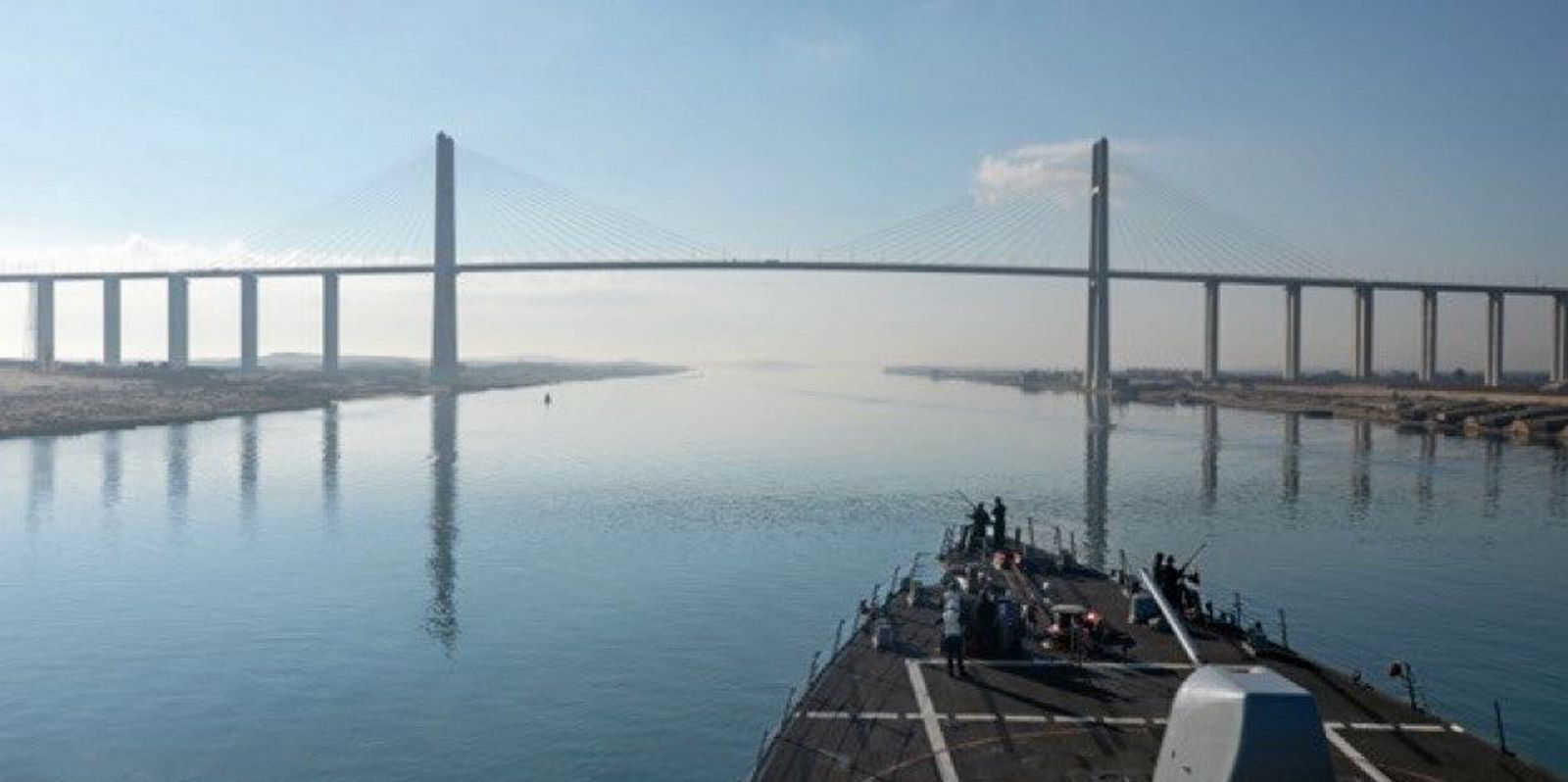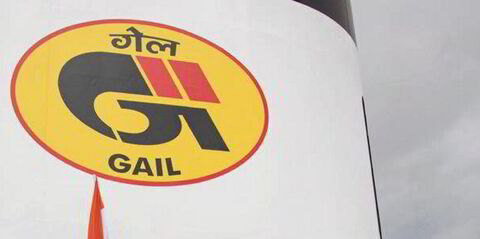Questions are starting to be asked about whether South Korea’s Harim Group can close its huge takeover of shipowner HMM.
A consortium led by Harim — the parent of bulker operator Pan Ocean — emerged as the preferred bidder in December.
Harim and its private equity partner JKL Partners offered KRW 6.4trn ($4.8bn) for the 57.9% stake owned by Korea Development Bank and Korea Ocean Business Corp.
But talks between the government and Harim were not concluded before the 23 January deadline. This was then extended to 6 February.
Some local reports have suggested that if this cut-off is missed, the deal could be scrapped.
One problem is said to be the timing of the conversion of the government’s $1.3bn of bonds into additional HMM stock, which defeated bidder Dongwon Group believes would be a change in the terms on which it made its offer.
Harim is also reported to have requested a five-year limit on the sale terms, so restrictions on dividends, share sales and the government’s right to appoint outside directors would end.
Consultancy Alphaliner said better market conditions and the shake-up in carrier alliances have also changed the environment.
Hapag-Lloyd is pulling out of THE Alliance group, which includes HMM, to join AP Moller-Maersk in a new partnership called Gemini.
This could affect HMM’s future competitiveness, Alphaliner believes.
BusinessKorea cited sources in business and investment banking circles as saying Harim had asked for a presentation from the sellers on HMM’s response to the global alliance reorganisation.
But the shareholders refused on confidentiality grounds because a stock purchase agreement had yet to be signed.
Fresh funds incoming
Hapag-Lloyd was said to be in the running to buy HMM at one point last year.
Unions argue that higher freight rates due to the Red Sea crisis will bring fresh funds to HMM that could be dissipated in a larger group.
Alphaliner also reported question marks over the potential for cost savings between HMM and Pan Ocean’s bulker activities.
Clarksons says HMM has 66 owned ships, including container ships, VLCCs and bulkers, and 35 newbuildings on order.




